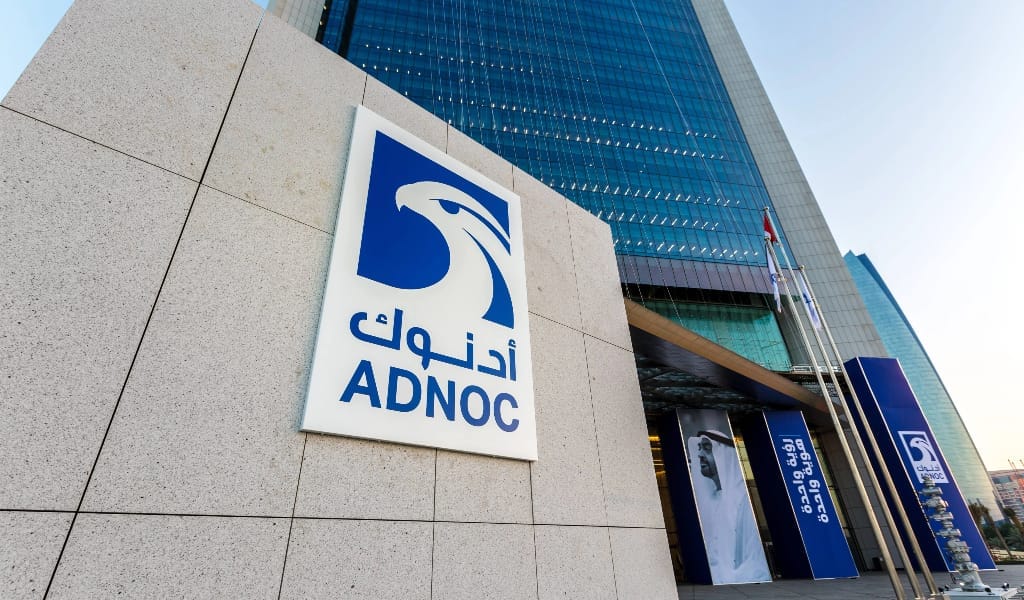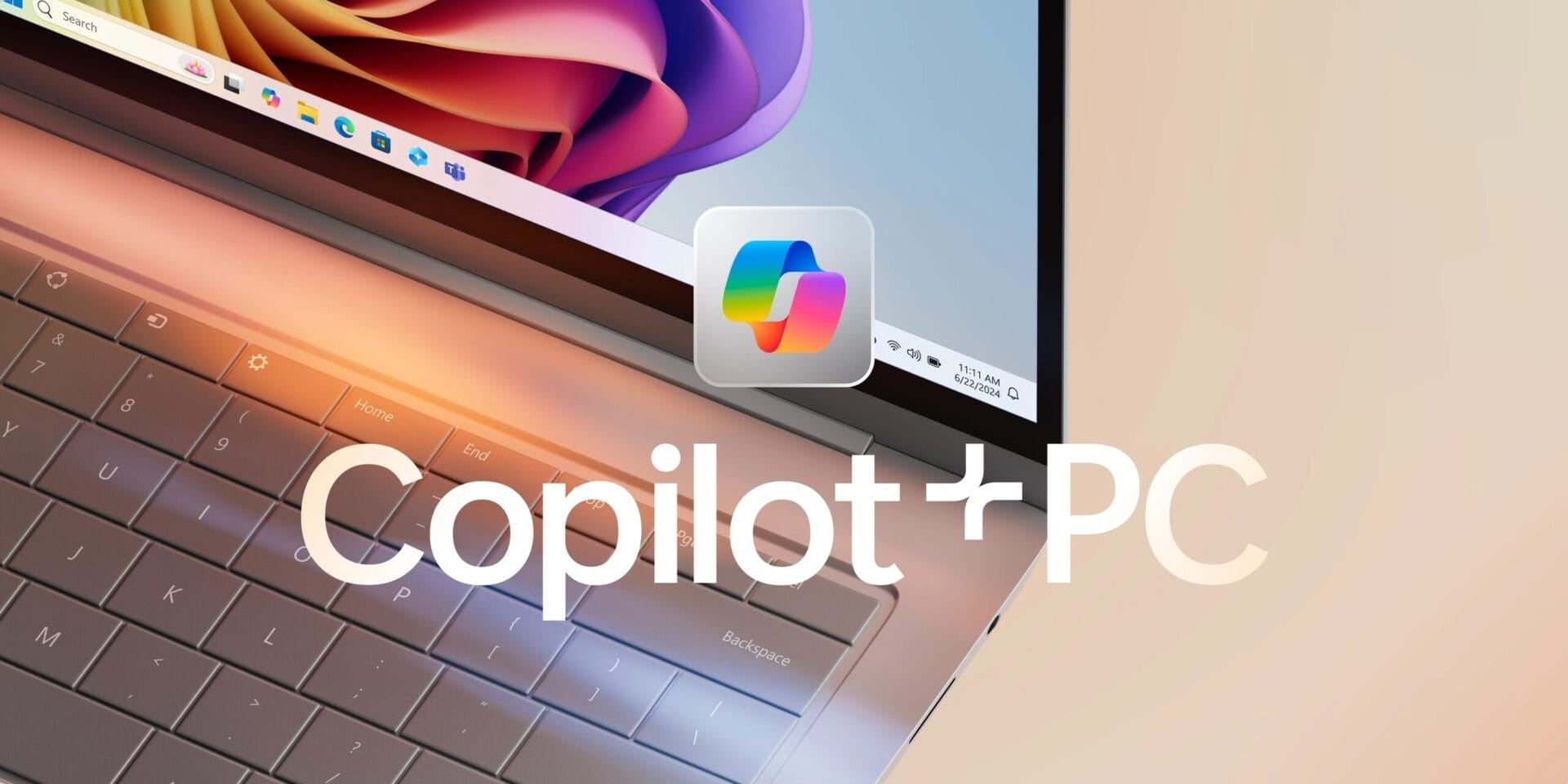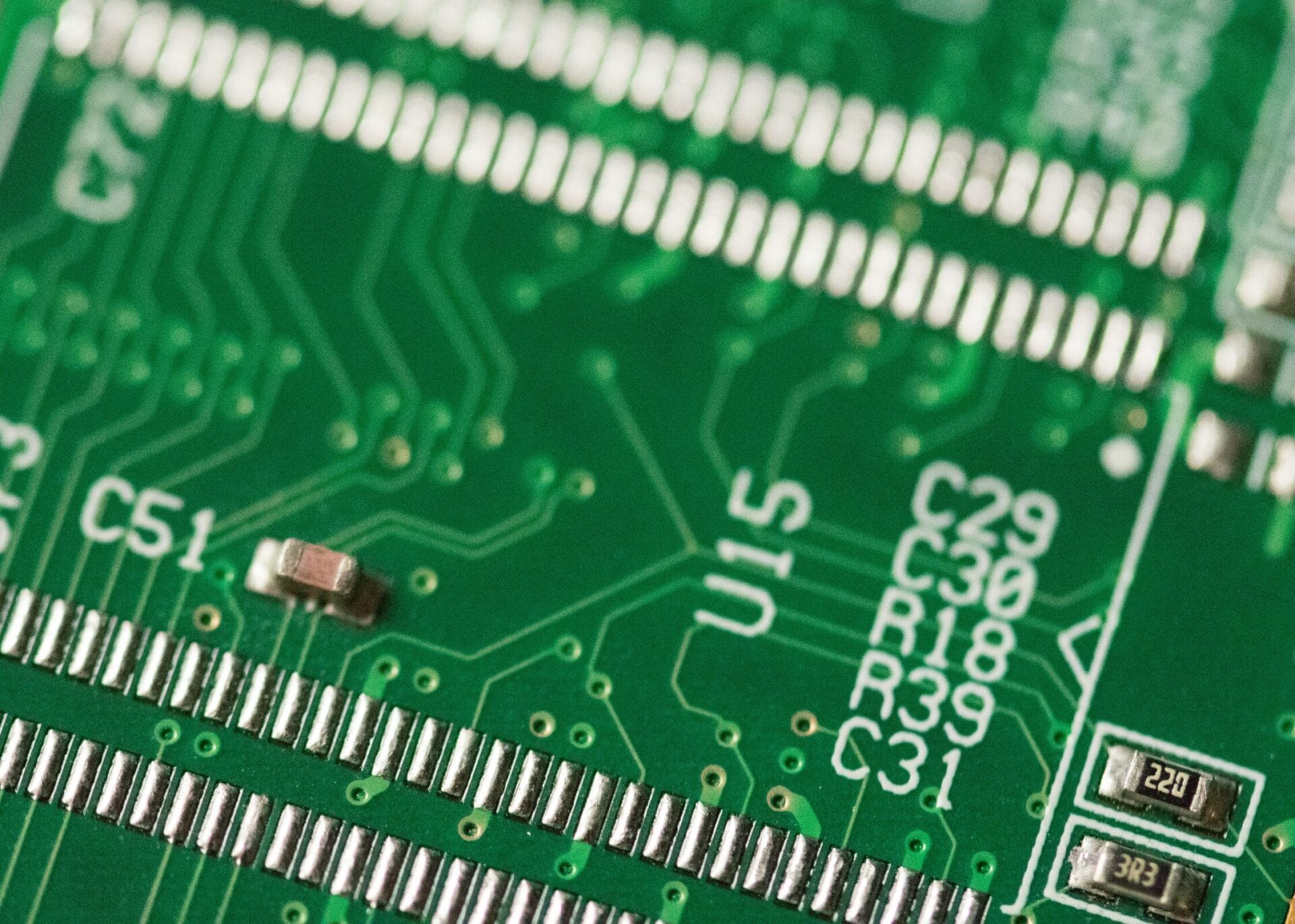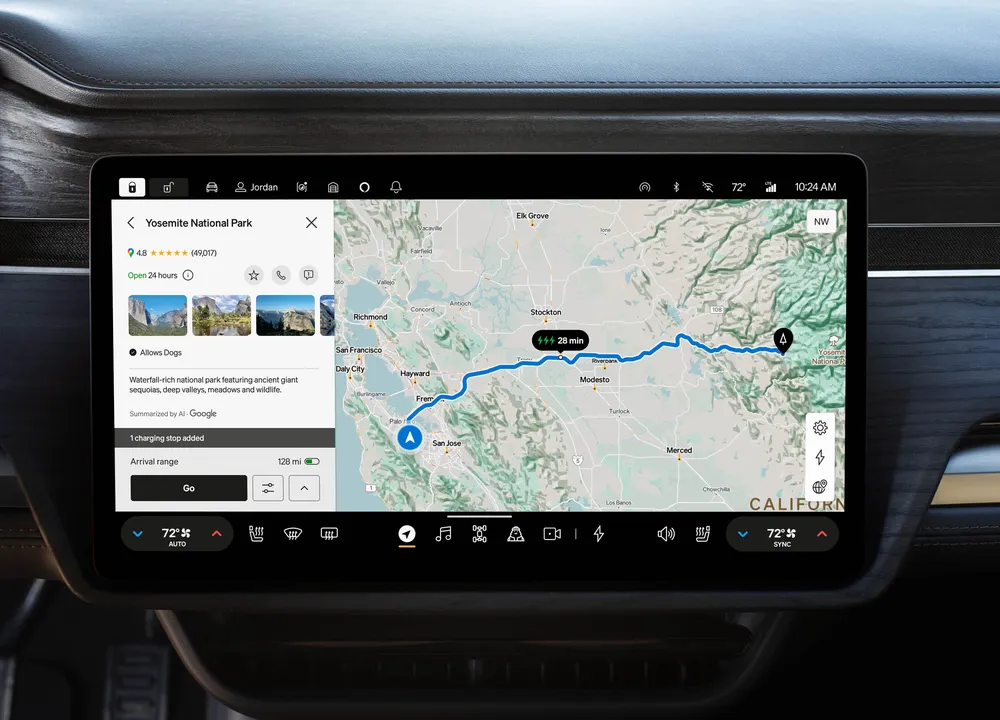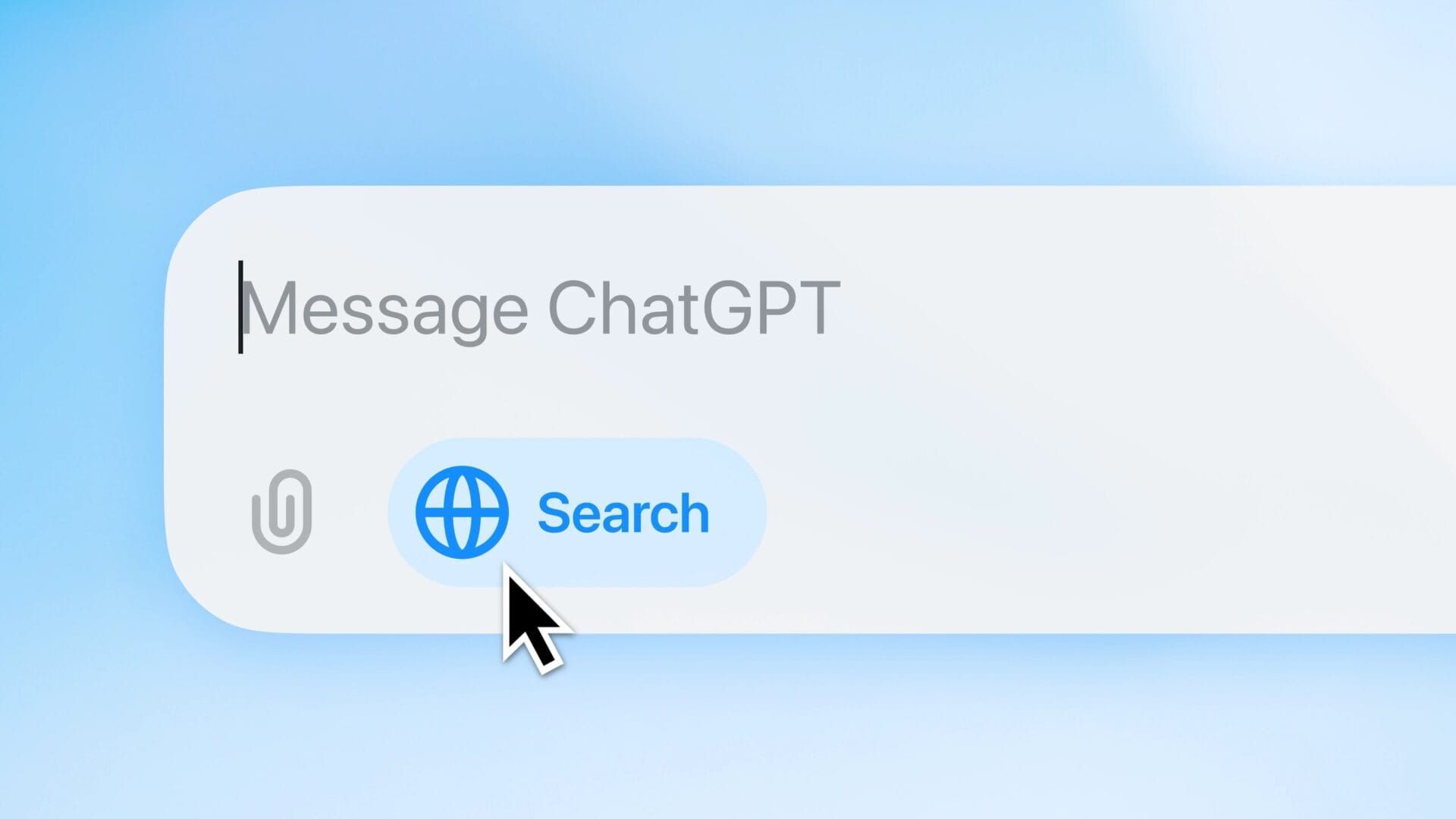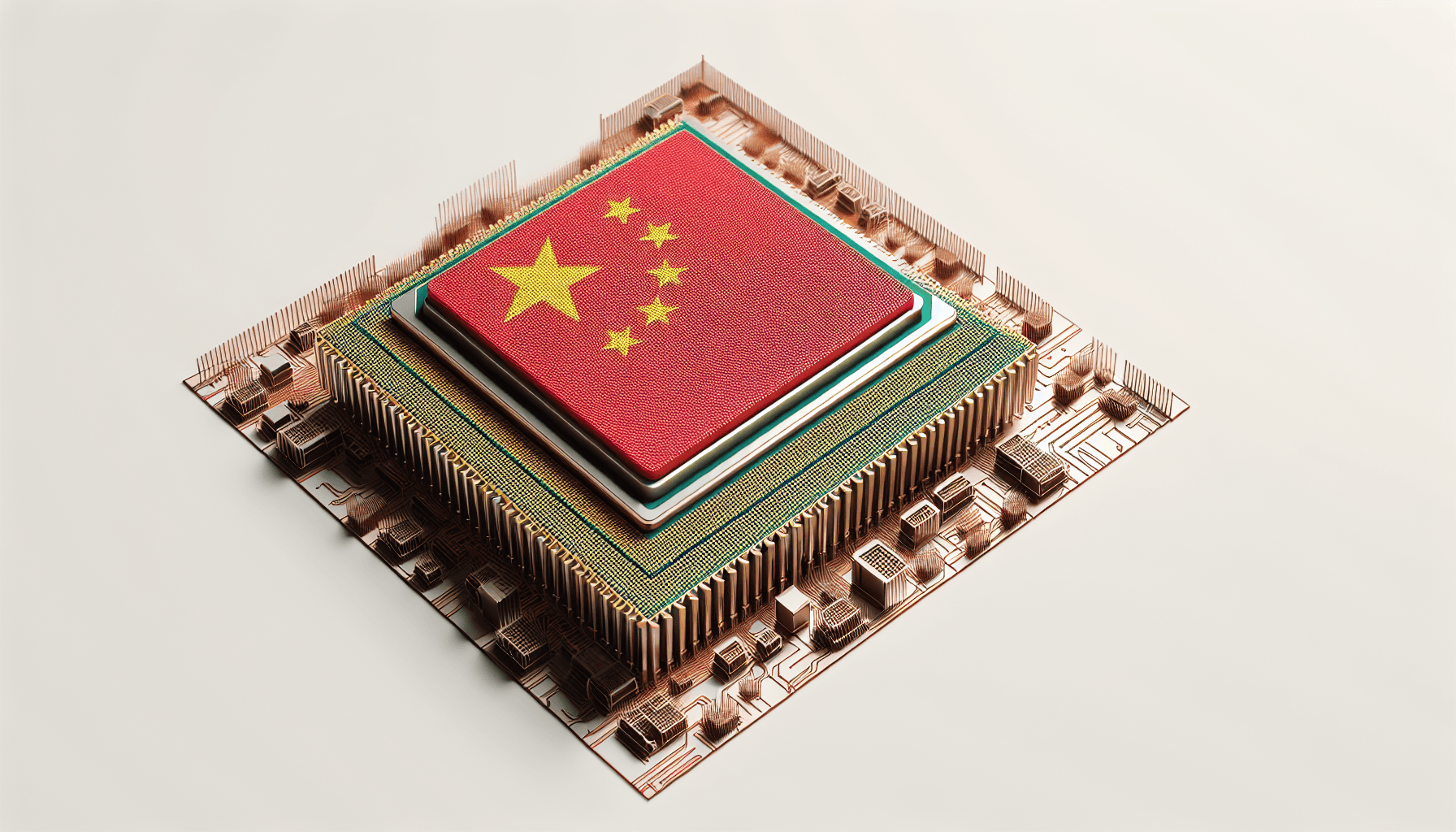Amazon has introduced a new update to the X-Ray feature on Prime Video that incorporates generative AI to provide recaps of series or episodes. According to Amazon, X-Ray Recap can produce "easy-to-read summaries" for the shows you watch.
Personalized Summaries
The feature can create summaries for "entire seasons of TV shows, individual episodes, and even segments of episodes, tailored to the exact moment you’re viewing." This personalization enhances the viewing experience by allowing users to catch up quickly.
Key Story Moments
X-Ray Recap presents brief text snippets highlighting significant story events, characters, and other pertinent details. Amazon claims that it also understands how much content you have already consumed, ensuring that the summaries remain spoiler-free.
Advanced Technology
Recap uses Amazon’s Bedrock AWS service alongside specialized AI models developed through Amazon SageMaker (AWS AI training tools) to analyze video clips and subtitles/dialogue to generate descriptions of key plot points, characters, and events.
Users can access Recaps from the Prime Video detail page or select it from the X-Ray option while watching. To use this feature, simply tap on the screen during playback or press the up button on the FireTV remote, then click the "View All" option.


